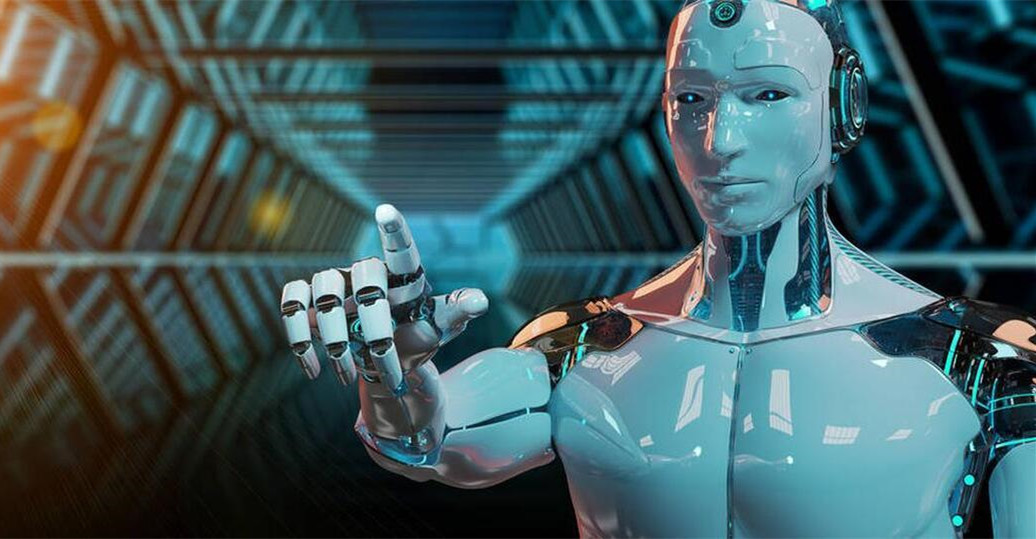
The Three Laws of Robotics are three principles proposed by science fiction writer Isaac Asimov to regulate robot behavior. These laws provide the basis for the ethics and safety of modern artificial intelligence (AI) and robots.
First Law : A robot may not harm a human being, or allow a human being to be harmed through inaction.
Second Law : Robots must obey human orders unless those orders conflict with the First Law.
Third Law : A robot must protect its own existence, provided that such protection does not conflict with the First or Second Law.
First Law : Ensuring that robots do not harm humans when interacting with them is the highest priority for AI safety.
Second Law : Robots must obey human instructions, but are not allowed to execute any instructions that would harm humans.
The Third Law : Robots must protect themselves, but not at the expense of harming humans.
Although the Three Laws come from science fiction, they provide important inspiration for the ethical design of real-life AI technology:
Ethical issues : In reality, AI may face complex moral choices, and how to deal with these dilemmas is still a technical problem.
Law and supervision : The world is formulating legal frameworks on AI security, privacy, etc., and the three laws provide a basis for thinking about this.
Technical Challenge : The “black box” nature of modern AI systems makes it difficult for them to perform as simply as described by the Three Laws. How to ensure that AI makes ethical decisions is a technical problem.
Asimov's three laws provide a theoretical basis for the safety and ethics of artificial intelligence. Although there are challenges in practical application, they are still of great significance in guiding the development of AI, especially in ensuring human safety.